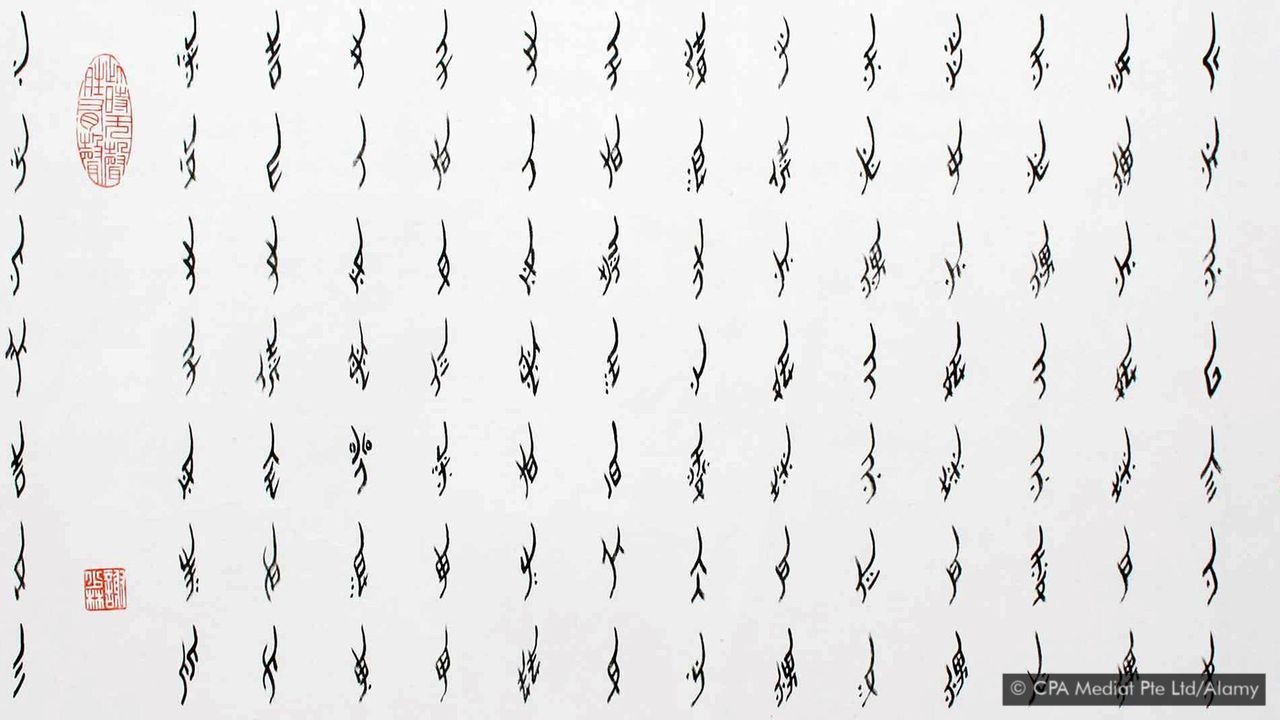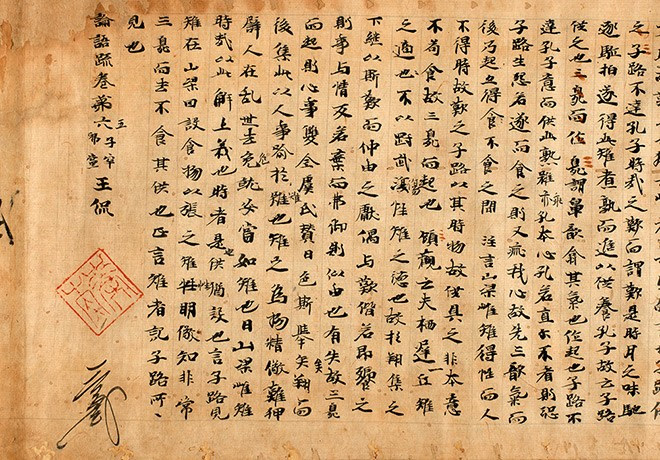IRCS Prosody Workshop 1992: Undoing bit rot
Recently, Antônio Simões wrote to Cynthia McLemore to ask about a 28-year-old proceedings:
I used to find on the internet the Proceedings from 1992 that you edited with Mark Liberman. I tried to find them, but they are not on the internet anymore. Do you still have that volume in pdf? Or is it accessible somewhere on the internet? This is the volume:
McLemore, Cynthia, and Mark Liberman, eds. 1992. Proceedings of the IRCS Workshop on Prosody in Natural Speech. IRCS Report No. 92-37.
"IRCS" stands for "Institute for Research in Cognitive Science", an NSF research center founded in 1990 by Lila Gleitman and Aravind Joshi. IRCS died in 2016 after a lingering siege of academic politics, and its website seems to have been purged last year. Penn's library has some IRCS technical reports in its repository, but not the one that Antônio is looking for. Many others are clearly missing, along with event recordings and so on — I'll see whether there are backups somewhere from which things can be restored.
Meanwhile, Cindie found a paper copy of the requested proceedings, and this page provides a table of contents with links and abstracts for scanned versions of the 26 papers it contains. Most of them are still interesting and relevant today!





